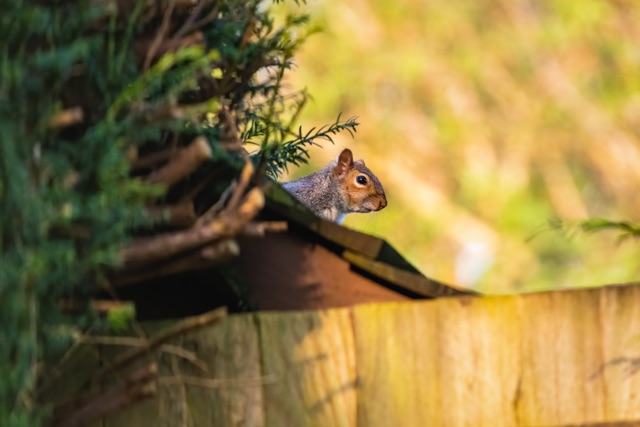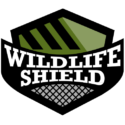
While squirrels might seem like harmless and adorable creatures, an infestation in or around your home can lead to significant dangers. These lively critters may look innocent, but their presence can pose serious risks to both your property and your well-being. In this article, we’ll explore the potential dangers of squirrel infestations and why it’s crucial to address the issue promptly to safeguard your home and health.
Structural Damage:
Squirrels have strong teeth that continuously grow, leading them to gnaw on various materials to keep their teeth in check. Unfortunately, this habit can spell disaster for your home. They can chew through wood, shingles, insulation, and electrical wiring, causing extensive damage to your property. Weakened structures may compromise the integrity of your home, leading to costly repairs.
Fire Hazard:
Squirrel infestations can be the start of a fire within a household. As they chew on electrical wires, they expose live conductors, increasing the likelihood of electrical shorts and sparks. These sparks can ignite flammable materials in the attic or walls, potentially leading to a devastating fire that puts your entire property at risk.
Contamination and Allergens:
Squirrels are not the cleanest of creatures, and their presence can lead to pathogens being found within your home. Their droppings, urine, and saliva can carry harmful bacteria and allergens. If left unaddressed, these contaminants can circulate through your ventilation system, compromising the air quality in your living spaces and triggering allergic reactions or respiratory issues.
Nesting Materials and Debris:
Squirrels build their nests using various materials, including leaves, twigs, and insulation. As they create their cozy abodes in your attic or crawl spaces, they displace and damage insulation, reducing its effectiveness in regulating indoor temperatures by reducing its R value. Moreover, these nesting materials can clog gutters and drainage systems, leading to water damage and mold growth.
Noise and Sleep Disturbance:
Squirrels are highly active creatures, especially during the early morning and late afternoon. If they’ve taken up residence in your home, their constant scampering, scratching, and gnawing can be disruptive when it comes to your sleeping patterns. The noise can be particularly bad during mating seasons when they become more vocal and territorial.
Aggressive Behavior:
While squirrels are generally timid, a mother squirrel protecting her young can become aggressive if she perceives a threat. Attempting to handle or remove squirrels on your own may provoke defensive behaviors, leading to bites or scratches, putting your health at risk.
Transmission of Diseases:
Squirrels can carry various diseases, including leptospirosis, tularemia, and salmonellosis. Direct contact with their bodily fluids, bites, or scratches can expose you to these pathogens, leading to potentially serious health issues.
Squirrel infestations may initially seem harmless, but the dangers they pose to your home and health should not be underestimated. From structural damage and fire hazards to contamination, noise disruption, and potential disease transmission, these seemingly innocent creatures can wreak havoc on your property and well-being. It’s crucial to address squirrel infestations promptly and professionally, seeking the expertise of a licensed wildlife removal service to ensure the safe and humane removal of these critters. By taking swift action, you can protect your home from further damage and maintain a safe and healthy living environment for you and your family.
